Innovations in Medical-Grade Plastics for Injection Molding
June 24, 2024
One of the major strengths of medical injection molding is that the process is compatible with a broad range of plastic materials. These different types of molded plastics allow product engineers to achieve unique performance attributes and fine-tuned mechanical properties, both of which are crucial for today’s high-tech medical devices.
Essentially, flexibility in material choice
gives medical manufacturers like Premier Plastics more options for customizing the look, performance, and functionality of your products, as well as more options to meet your required price targets. Furthermore, there's a growing emphasis on sustainability in today’s medical sector, especially when it comes to manufactured plastics. New innovations in materials science have given us greener plastics that are renewable, recyclable, and/or biodegradable, embracing the emerging sustainability trends of the industry.
The Major Advancements in Medical Injection Molding Materials Science:
Biocompatible Materials
There's been a growing emphasis on using biocompatible materials in medical-grade injection molding. These materials are designed to minimize adverse reactions when in contact with the human body. Silicone, thermoplastic elastomers (TPE), and certain grades of polyurethane are examples of materials increasingly used due to their biocompatibility.
Antimicrobial Plastics
With the rise of healthcare-associated infections (HAIs), there's a demand for materials that inhibit microbial growth. Antimicrobial additives, such as silver ions or copper, can be incorporated into medical-grade plastics during the injection molding process. These additives help to reduce the risk of bacterial contamination on medical devices and equipment.
The Advantages of High-Performance Plastics for Medical Injection Molding:
Optimizing Mechanical Properties for Better ProductsEnhanced mechanical properties, such as strength, flexibility, and impact resistance, are essential for medical devices to withstand various stresses during use. Innovations in polymer chemistry and manufacturing processes have led to the development of plastics with superior mechanical properties while maintaining biocompatibility and other essential characteristics.
Meeting Regulatory ComplianceManufacturers are continually innovating to ensure compliance with stringent regulatory standards in the healthcare industry, such as ISO 13485 and FDA regulations. This includes advancements in quality control processes, traceability systems, and documentation practices to guarantee the safety and efficacy of medical-grade injection molded plastics.
Achieving Better Sustainability in Medical Plastic ManufacturingAs with virtually every industry, there's a growing focus on sustainability in healthcare, driving the development of recyclable and environmentally friendly materials for medical applications. Innovations in bio-based polymers and recyclable plastics offer alternatives to traditional petroleum-based materials, reducing environmental impact and promoting circular economy practices.
A Look at Some of the Common Molded Plastics for Medical Manufacturing:
Polyetheretherketone (PEEK) – PEEK is a high-performance thermoplastic that is generally biocompatible. The combination of high-strength, wear resistance, and biocompatibility make PEEK an ideal medical-grade plastic.Polycarbonate (PC) – PC is a common injection molded plastic for clear or translucent medical devices. A lightweight and cost-effective option, polycarbonate is common for molding medical tubing and various small medical instruments.Polystyrene (PS) – Polystyrene plastic is generally resistant to moisture and bacterial growth, making it suitable for many common medical devices. PS plastics are sterilizable, offering excellent resistance to common medical solvents/acids as well as gamma radiation sterilization.Polypropylene (PP) – Like PS thermoplastics, PP is also ideal for multi-use medical devices that require repeated sterilization. It offers increased strength and longevity at a generally higher price.Polyethylene (PE) – PE is another choice medical-grade plastic due to its high-strength, fatigue life, and biocompatibility properties. PE plastic is used to manufacture a wide range of medical products – from sterile packaging to complex prosthetics.
One of the Midwest’s Leading Injection Molding Companies Since 1983
Located in Omaha, Nebraska, Premier Plastics is backed by more than four decades
of providing quality American injection molding services. Today our company is one of the Midwest region’s premier plastic molding companies serving a wide range of industries and applications. Premier is an ISO 9001:2015 certified manufacturer committed to delivering your products accurately, on-time, and exactly according to your specifications.
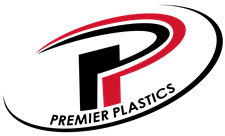
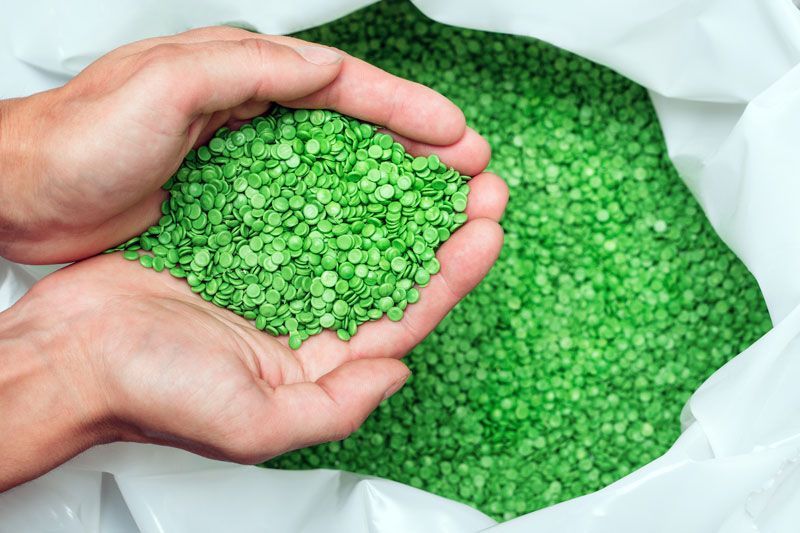
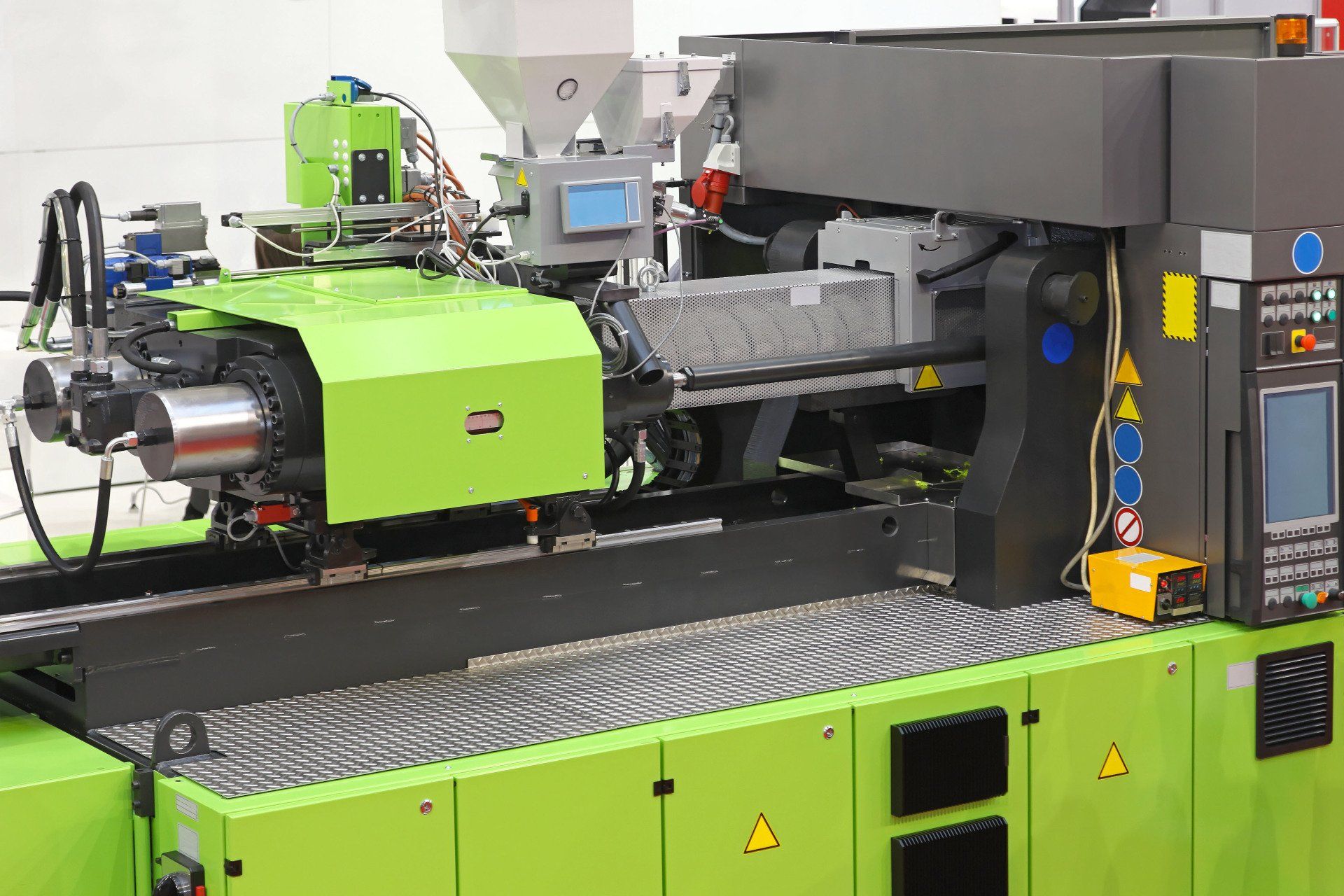
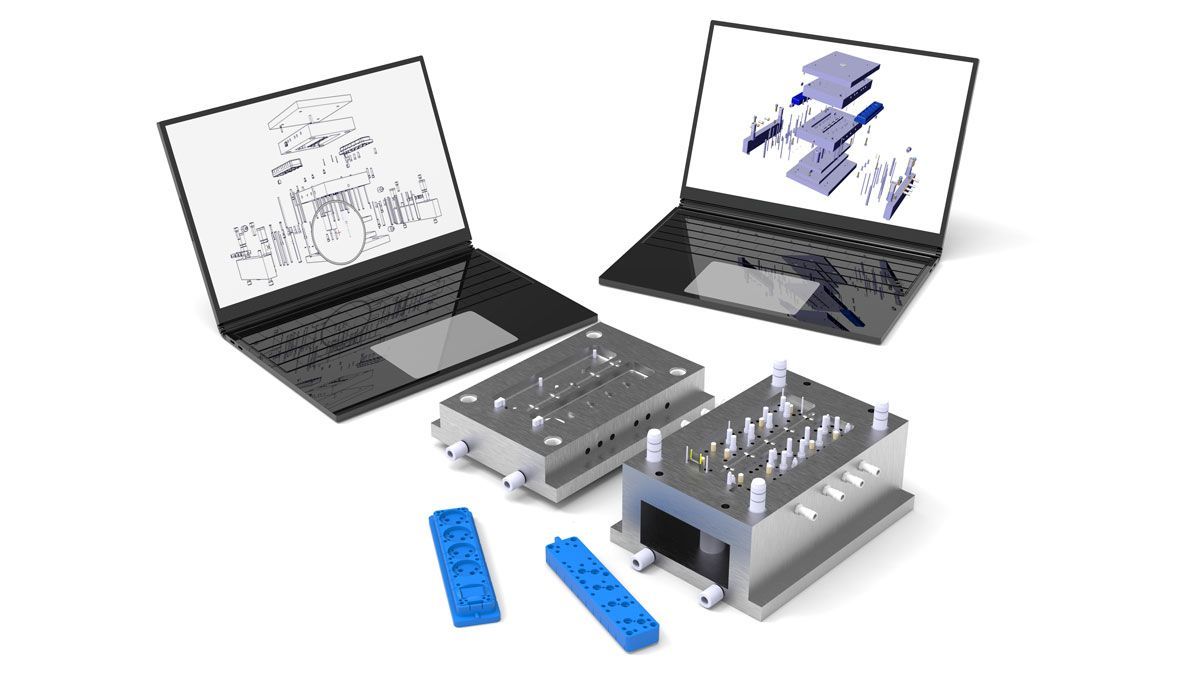


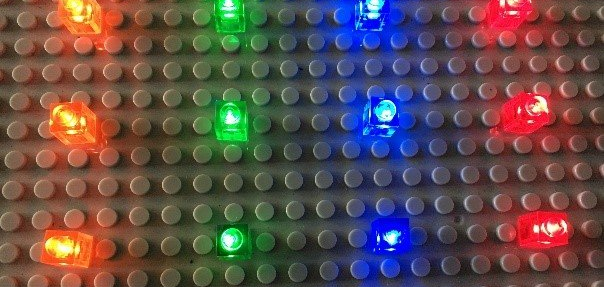
Share On: